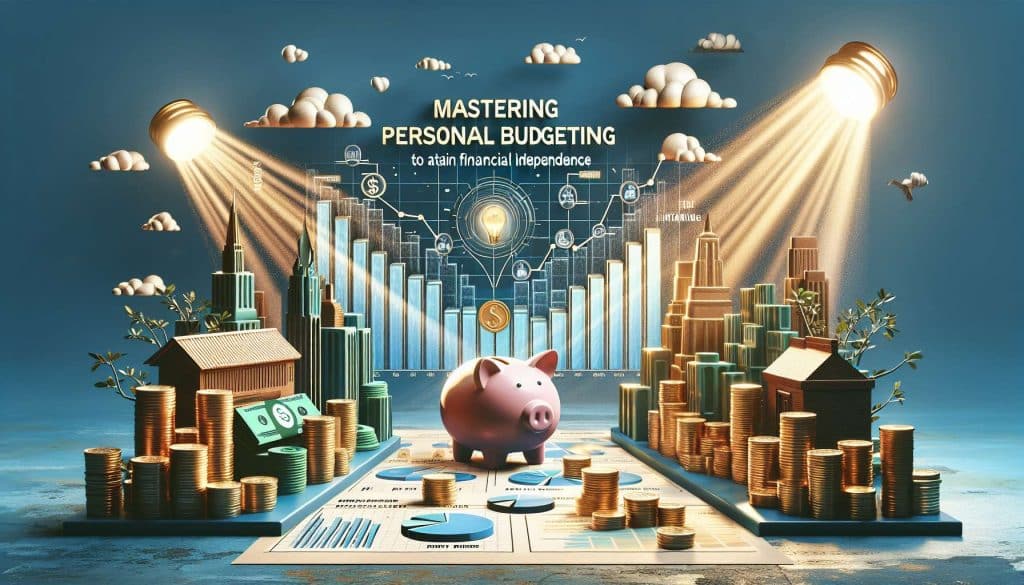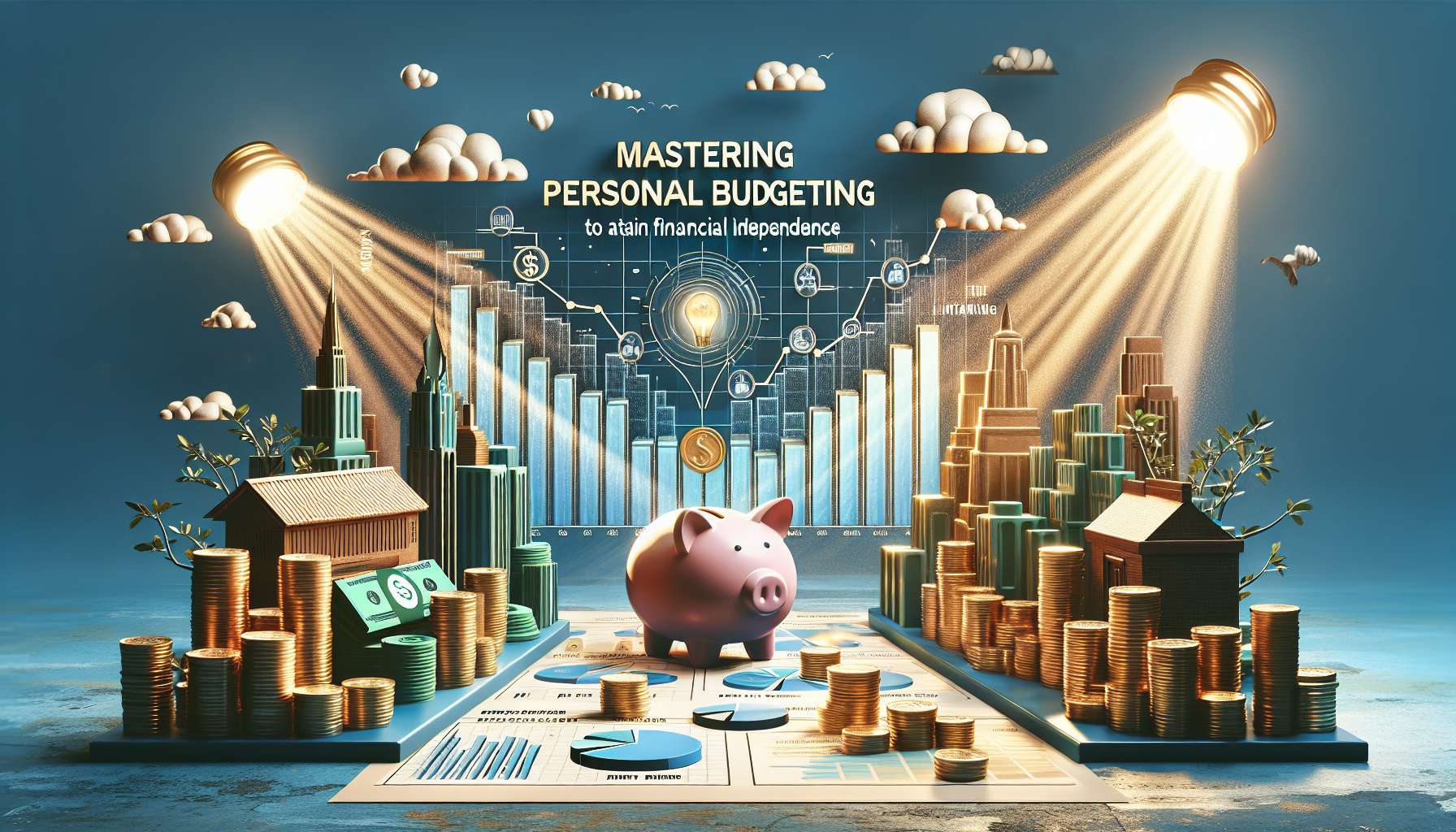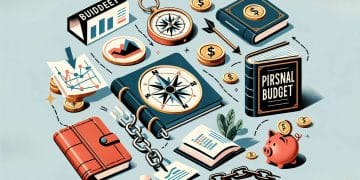Achieve Financial Independence: A Guide to Mastering Personal Budgeting

Anúncios

**Mastering the Art of Personal Budgeting for Financial Liberation**
In an era where everything seems instantaneous, mastering the intricacies of personal finance management has never been more vital. From desiring to eliminate debt to planning an elaborate vacation or ensuring a cushioned retirement, budgeting stands at the heart of all financial aspirations. Yet, despite its pivotal role, many see the prospect of budgeting as a daunting task. Fortunately, with the right methodologies, budgeting transforms into an empowering tool, pivotal for achieving financial liberation.
Understanding the importance of budgeting extends beyond numbers. It is about creating a strategic plan that provides informed decision-making capabilities. Without this structure, many might find themselves ensnared in unforeseen debts, unable to meet their financial aspirations. Budgeting not only helps monitor income and expenditures but also provides a bird’s eye view of one’s financial habits, ensuring each dollar is efficiently allocated. With this knowledge in hand, individuals can adapt their spending behavior, optimize savings, and prepare for future financial commitments.
Anúncios
Before embarking on the meticulous journey of budgeting, it is crucial to evaluate one’s current financial condition. Assessing sources of income and monthly expenditures gives a clear picture of the existing financial landscape. Start this enlightening process with a comprehensive list of all income streams — from persistent salary earnings to occasional freelance payments, even including seemingly insignificant passive income of daily interest.
Overview of Personal Budgeting Strategies
Transitioning into a systematic budgeting strategy calls for gathering essential financial data. This comprehensive approach begins with collating bank statements, scrutinizing utility bills, and analyzing credit card reports. Accurately identifying fixed costs, like rent and utilities, alongside variable expenses such as groceries, paints a complete picture of monthly financial dynamics. Armed with this clarity, one can set realistic short-term and long-term financial goals, subsequently crafting an effective budget.
By implementing an organized budget, many find the 50/30/20 rule immeasurably helpful. This divides income into three main categories: necessities (50%), discretionary expenses (30%), and savings/investments (20%). Additionally, using technology such as budgeting apps or spreadsheets supports tracking and monitoring expenses daily. Such tools foster accurate record-keeping, highlighting potential overspending or saving opportunities.
Anúncios
Avoiding common pitfalls is crucial for effective budgeting. Overlooking seemingly insignificant costs can snowball, disrupting your financial plan. Ensure all spending aligns with set financial objectives. As life progresses, so do financial priorities. Regular budget reassessments ensure its relevance and efficacy. A dynamic budget helps individuals stay ahead, adapting to shifting financial landscapes seamlessly.
Characteristics and Essential Features of Budgeting
- Personalized financial roadmaps are crucial.
- Continuous monitoring and adjustments enhance efficiency.
- Integrating technology simplifies tracking.
- Adapting strategies to individual lifestyle changes is essential.
Advantages of Personal Budgeting
Embracing a structured budget offers multiple benefits. Not only does it prevent impulsive spending, but it also cultivates a saving mindset conducive to financial independence. Establishing an emergency fund acts as a financial buffer, safeguarding against unforeseen challenges. Prioritize debt reduction, starting with high-interest liabilities, using methods such as the snowball or avalanche technique. Such strategies can accelerate financial freedom by systematically reducing outstanding debts.
Automation plays a prominent role in efficient saving. By setting up automatic transfers, savings become a priority, ensuring consistency. A proactive approach involves assessing lifestyle habits and potential cost-cutting avenues. Simple changes, like cooking more at home or eliminating redundant subscriptions, can contribute significantly to financial goals.
Through personal budgeting, financial control is achieved, turning aspirations into tangible results. Continuous goal setting, vigilant monitoring, and necessary adaptations are foundational to success. As individuals remain disciplined and steadfast on this journey, budgeting transcends number-crunching, evolving into an empowering experience that paves the path to financial independence. The journey to financial freedom takes time and persistence, but the rewards are undeniably worthwhile.





